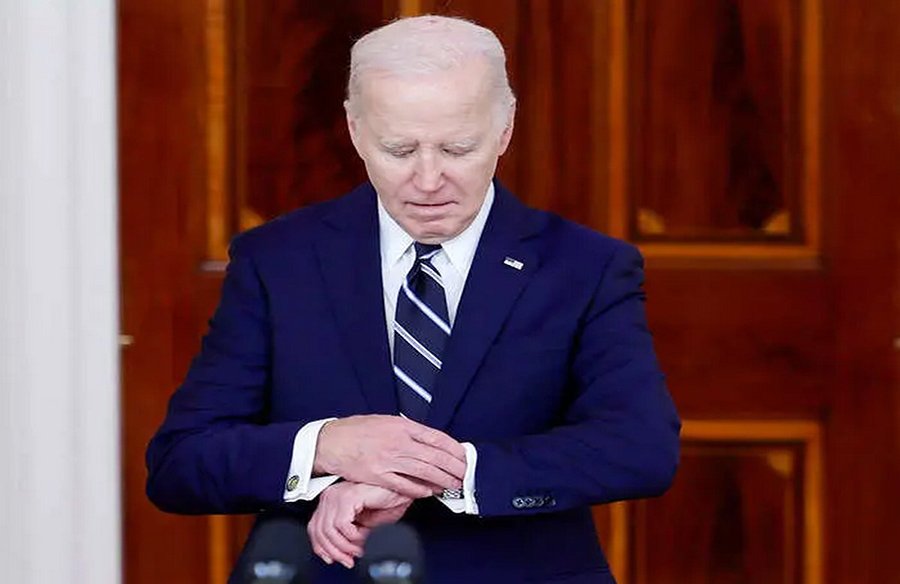Americans are growing increasingly optimistic about the economy, as evidenced by recent data. However, this optimism has yet to translate into significant support for President Biden. Let’s delve into the various aspects of this evolving scenario.
Narrowing Disconnect Between Perception and Reality
Economists have long grappled with the disparity between Americans’ negative perceptions of the economy and the robust economic indicators suggesting otherwise. Nonetheless, recent months have witnessed a reduction in this gap. The University of Michigan’s consumer sentiment index, a key measure of economic sentiment, has seen consecutive upticks, reflecting a brighter outlook among the populace.
Political Implications
Despite this growing optimism, President Biden’s approval ratings concerning the economy have not seen substantial improvement. According to recent surveys, only a minority of Americans approve of his handling of economic affairs. Furthermore, a significant portion of respondents express greater trust in his predecessor, Donald Trump, regarding economic management. These sentiments underscore challenges for the Biden administration in translating economic optimism into political capital.
Partisan Dynamics
One plausible explanation for the limited impact on Biden’s polling numbers is the partisan nature of economic perceptions. While Democrats exhibit increased optimism, Republicans remain relatively pessimistic. Nevertheless, data suggests a degree of optimism across party lines, albeit with notable disparities. Understanding these partisan dynamics is crucial in comprehending the complexities of public opinion regarding the economy.
Persistent Economic Concerns
Despite improving economic indicators, some Americans harbor reservations about the current state of the economy. Lingering inflationary pressures and elevated grocery prices contribute to a sense of unease among certain segments of the population. Additionally, regional disparities in joblessness underscore ongoing economic challenges faced by various states. These persistent concerns temper the overall optimism observed in economic sentiment indices.
Beyond Economic Factors
While economic considerations undoubtedly influence public opinion, non-economic factors also shape attitudes towards political leadership. Issues such as age, foreign policy decisions, and broader political ideologies play a significant role in determining voter sentiment. Thus, it’s essential to acknowledge the multifaceted nature of factors influencing public perceptions of leadership and governance.
In conclusion, while growing economic optimism is a positive sign for the nation’s outlook, its translation into political support remains uncertain. Understanding the nuances of economic perceptions, partisan dynamics, and broader societal concerns is crucial in navigating the intricate relationship between economic sentiment and political leadership.




Leave a Reply